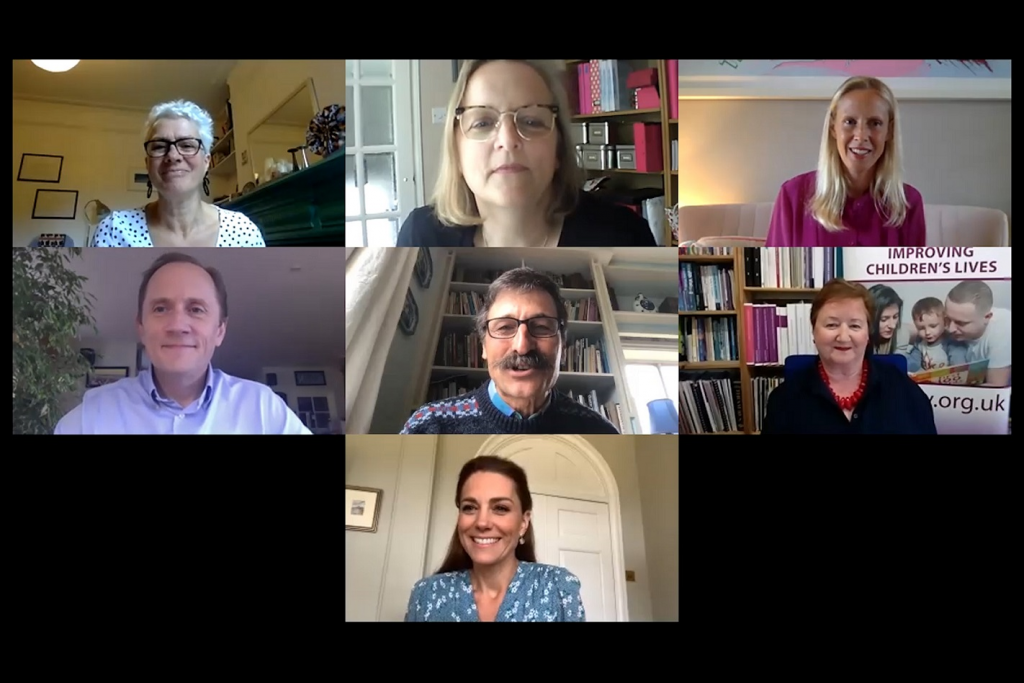On behalf of the Institute of Health Visiting, Alison Morton, iHV CEO, joined key stakeholders yesterday at a roundtable to discuss the government’s proposed smokefree legislation. The meeting was hosted by Public Health Minister, Neil O’Brien, and the Chief Medical Officer for England, Professor Sir Chris Whitty. The group discussed the large body of evidence on smoking-related harms and also the challenges around youth vaping.
The group was convened following the government’s announcement on 12 October that they plan to create a ‘smokefree generation’ and will:
- Legislate to raise the age of sale one year every year from 2027 onwards
- Double the funding for local authority Stop Smoking Services from next year
- Increase funding for awareness raising campaigns by £5 million this year and £15 million from next year onwards
- Increase funding for enforcement on illicit tobacco and e-cigarettes by £30 million from next year
- Launch a consultation shortly on specific measures to tackle the increase in youth vaping
At the roundtable, Public Health Minister Neil O’Brien said:
“Smoking kills, and this government is committed to taking action to protect a generation of children from ever experiencing the harms associated with tobacco. Working with our stakeholders to deliver this historic legislation will be vital, and I will continue to engage with these organisations to create legislation that prioritises the health of the next generation.”
Attendees included members of the Smokefree Action Coalition committed to ending smoking. The coalition is coordinated by Action on Smoking and Health (ASH).
Smoking is the UK’s biggest preventable killer – causing around 1 in 4 cancer deaths and 64,000 deaths in England alone – costing the economy and wider society £17 billion each year.
Chief Medical Officer for England, Professor Sir Chris Whitty, said:
“Smoking causes significant health harms at every stage of life – including stillbirths, many cancers, heart disease, stroke and dementia.
“To improve smoking-related ill-health, it is important to both ensure people do not become addicted to smoking and that those who smoke are supported to overcome addition.”
Alison Morton, iHV CEO, said:
“Health visitors see first-hand the devastating impacts of smoking-related harms in pregnancy and childhood that are almost entirely preventable. They also work with parents who are addicted to nicotine – the majority regret starting smoking and they recognise how difficult it is to quit.
“The iHV fully supports this ground-breaking legislation which presents an historic opportunity to break the cycle and prevent the next generation from becoming addicted to this lethal product.
“We are also committed to play our part in driving this change by ensuring that all health visitors are equipped to support families with babies and young children to quit smoking and provide smokefree homes.”
An online consultation is currently open on the proposed actions the UK Government and devolved administrations will take to tackle smoking and youth vaping, which we would encourage people to complete and support the legislation.
Find out more about iHV projects to reduce smoking in pregnancy and its harms in childhood:
- No smoking day 2023 – never give up on giving up
- Let’s talk heart health
- Baby Breathe



